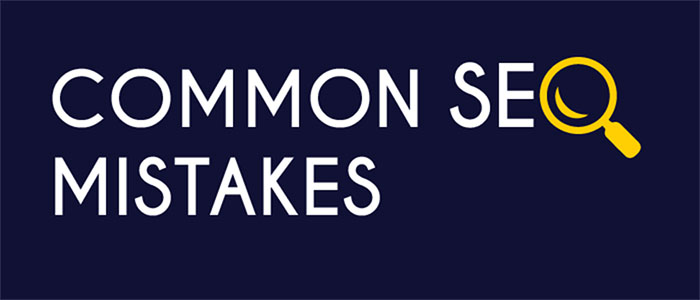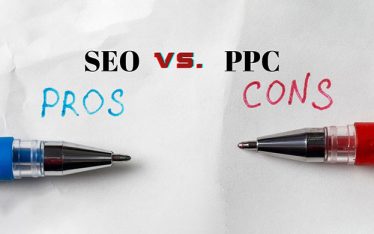25 Common Mistakes in SEO: Avoid These Pitfalls for Better Rankings
Digital marketing requires the use of search engine optimisation (SEO), which is essential. Websites that employ SEO gain more organic traffic and are more visible on search engine results pages (SERPs). However, SEO is complicated and needs constant study and modification. Many website owners and marketers make common mistakes, which can negatively impact their SEO efforts. In this blog, we’ll look at 25 common SEO mistakes and provide suggestions on how to avoid them.
- Ignoring Keyword Research: Failure to do appropriate keyword research may result in targeting incorrect keywords or missing out on potential chances.
- Keyword Stuffing: Overusing keywords in your content might result in a bad user experience and search engine penalties.
- Neglecting Mobile Optimization: With mobile-first indexing, ignoring mobile optimisation might harm your rankings.
- Ignoring Page Speed: Pages that take too long to load might result in higher bounce rates and poorer rankings.
- Not Creating Quality Content: In SEO, content is king. Content that is too short or of poor quality will not perform well.
- Duplicate Content: Duplicate content on your website might cause search engines to become confused and affect your rankings.
- Ignoring On-Page SEO: Neglecting on-page elements like title tags, meta descriptions, and header tags can hinder your SEO efforts.
- Not optimising Images: Unoptimized pictures might cause your site to load slowly and negatively impact user experience.
- Not Using Descriptive URLs: Clear and clear URLs aid search engines in better understanding your material.
- Neglecting Internal Linking: Internal links aid in the distribution of link authority throughout your site and improve navigation.
- Neglecting External Linking: Linking to reputable sources can boost your credibility.
- Ignoring Schema Markup: Structured data may improve how your content appears in search results.
- Neglecting Social Signals: By boosting exposure and traffic, social media engagement can have an indirect influence on your SEO.
- Not Monitoring Analytics: Failing to track your SEO performance can lead to missed opportunities for improvement.
- Neglecting Mobile User Experience: Mobile-friendly design and responsive layouts are crucial for SEO.
- Ignoring Voice Search: As voice search becomes more prevalent, optimising for it is essential.
- Not optimising for Local SEO: Local SEO is critical for businesses with physical locations.
- Overlooking Technical SEO: Broken links and incorrect redirects are examples of technical faults that might hurt your results.
- Ignoring User Experience (UX): A poor UX can increase bounce rates and negatively impact SEO.
- Neglecting Page Titles and Meta Descriptions: These features constitute your website’s first appearance on search engine results pages.
- Not optimising for Featured Snippets: Content structure for highlighted snippets can help with exposure.
- Ignoring SEO for Images and Videos: Multimedia content should be optimised too.
- Not Keeping Up with Algorithm Updates: Search engine algorithms change frequently, and not adapting can lead to drops in rankings.
- Using Black Hat Techniques: Avoid unethical SEO practices like link farms or keyword stuffing.
- Not Investing in SEO: SEO is a long-term strategy; neglecting it can result in missed opportunities.
Avoiding these common SEO mistakes is important for increasing organic traffic and enhancing your website’s search engine results. Monitoring your SEO performance on a regular basis, getting up to date on industry developments, and concentrating on user experience and quality content is essential for attaining success in the ever-changing world of SEO. By resolving these concerns, you can lay the foundation for a more effective and long-term SEO strategy.



